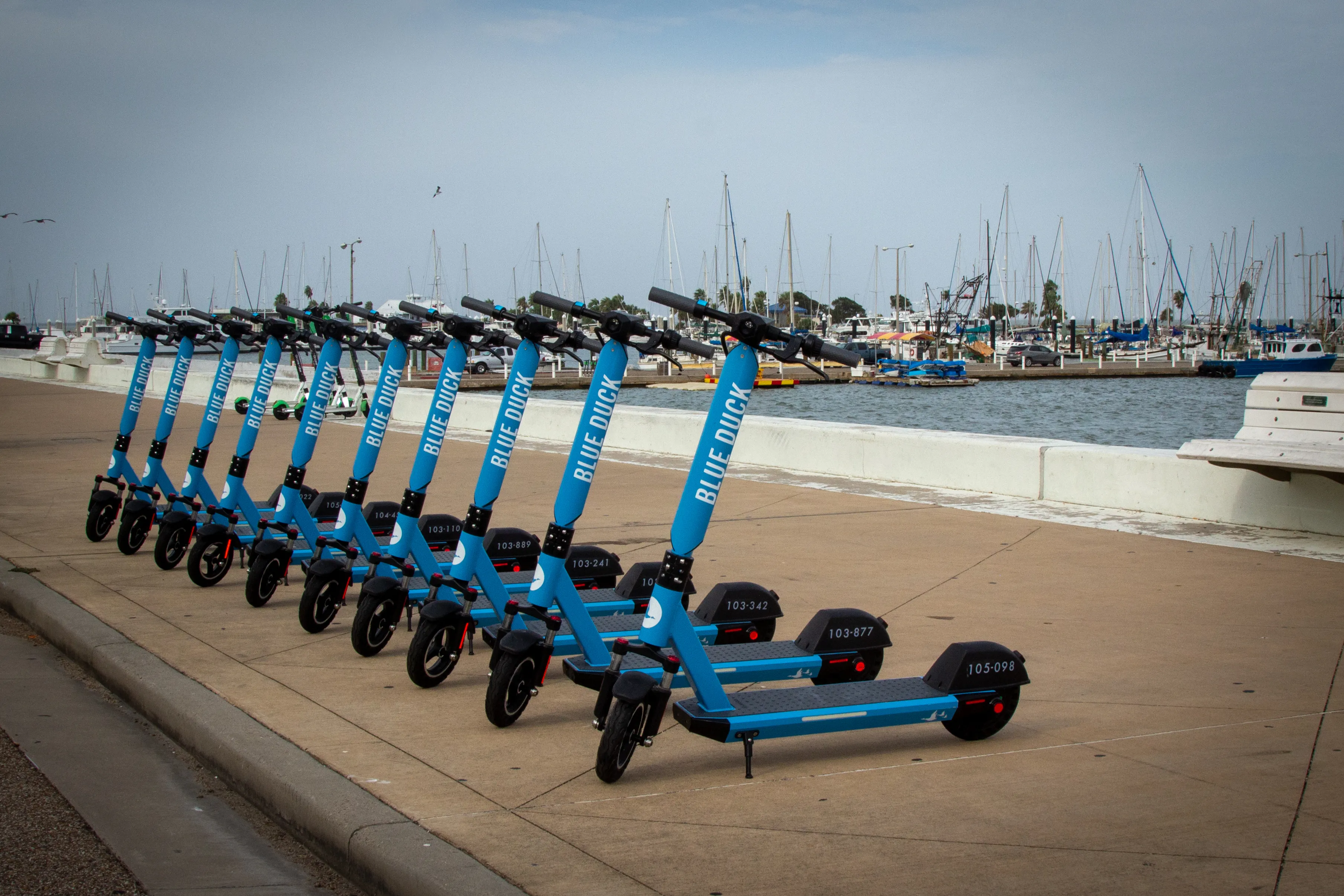
Blue Duck, a San Antonio-based micromobility company, says it has started strengthening relationships with customers and partners to meet demand for its electric scooters and e-bikes.
Blue Duck operates in Texas and south-eastern US in small to mid-size cities and college towns and says its approach includes working together with customers to designate specific operation areas and craft rules concerning curfews and parking policies.
Bradley Ford, deputy city manager of Waco, Texas, says: “Blue Duck has responded to the city’s goals for shared mobility, including ensuring appropriate parking regulations, maintenance standards, and an equitable pricing structure.”
Additionally, Blue Duck says it establishes local operation centres and employs community members as fleet managers rather than relying on independent contractors.
Community members always have a local point of contact to call or text directly for questions and feedback about the service, the company adds.
Last year, Blue Duck entered a partnership to support the back-end operations of mobility technology company Wunder Mobility.
The Blue Duck app relies on Wunder's technology platform, which also provides Blue Duck with integrations and customisations to help grow their business.
Blue Duck chief information officer Andre Champagne says: “In just a few months, Wunder Mobility has become an invaluable extension of our team, not only powering our service platform around the clock but also providing invaluable data and guidance about our business that we rely on as we expand.”
Melika Jahangiri, Wunder’s head of Americas, says: “While 2020 was challenging for all of us, Blue Duck enjoyed a dynamic year by engaging with cities and other partners in a collaborative, cooperative and sustainable way. We expect that success to continue.”
Blue Duck also provides micromobility services in Winston-Salem (North Carolina), Vicksburg (Mississippi) and Waco (Texas).









